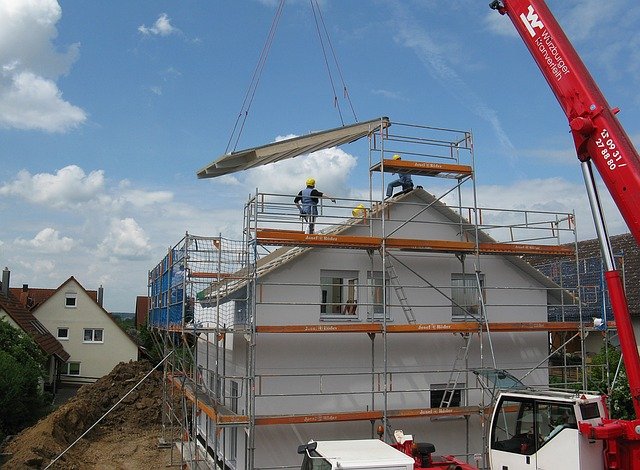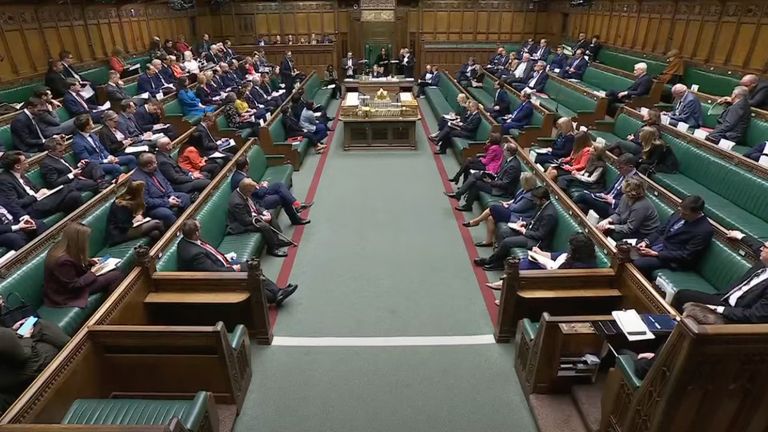The number of planning approvals for new homes in England has dropped to a record low during Labour’s first year in government — dealing a blow to the party’s flagship pledge to build 1.5 million homes before the next general election.
According to official data, fewer than 29,000 housing projects were granted planning consent by local authorities in the year to June 2025.
New housing secretary Steve Reed, who recently succeeded Angela Rayner in the role, described the figures as “unacceptable”, warning that reforming the planning system “won’t happen overnight.”
“I will leave no stone unturned to build 1.5 million homes, so families have the key to home ownership in their hands,” he said.
Reed’s plans include an overhaul of the Building Safety Regulator’s performance and working with the mayor of London, Sadiq Khan, to unlock housebuilding in the capital.
The fall in approvals has prompted criticism from the opposition. Conservative shadow housing secretary Sir James Cleverly said Labour’s flagship planning reforms “clearly aren’t working”.
Separate data from housing contractor Glenigan, external suggests 221,000 individual homes were granted permission in the year to June, down from 237,000 the year to June 2024.
Labour promised in its election manifesto to deliver 1.5 million homes in England by the next general election. To get to that, there would need to be an average of about 300,000 new homes per year.
Neil Leitch, managing director of development finance, Hampshire Trust Bank, commented: “The new housing secretary Steve Reed last week called on the industry to ‘build baby build’, but even with this reported rise the planning system remains a major hurdle. Recent data from the Home Builders Federation showed approvals are at their lowest level in 13 years, which makes the Government’s pledge to deliver a million homes this Parliament look increasingly unrealistic. Developers want to build, and lenders are ready to support them, but the delivery chain is simply not strong enough to turn ambition into delivery.
“The upcoming Budget is an opportunity to give housebuilding a genuine boost, not only by providing planning departments with greater resources but by attracting more skilled people into planning roles. Without that investment, the system will remain too slow and inconsistent to support the homes we need.
“We also need to be clear that today’s approvals are not tomorrow’s completions. Too many schemes stall between consent and delivery, and if that pipeline continues to thin out, the shortfall in housing output will only grow. Planning is not the only barrier developers face, but it is the one that unlocks everything else. For SME developers in particular, long delays and uncertainty can make schemes unviable before they even start.”








